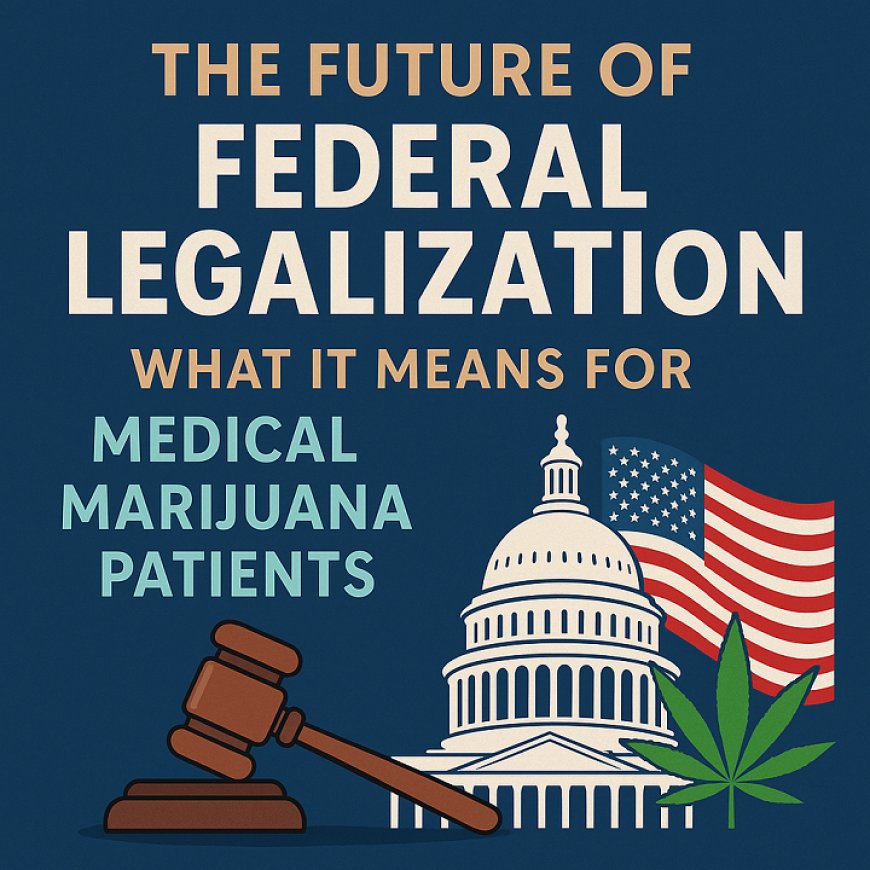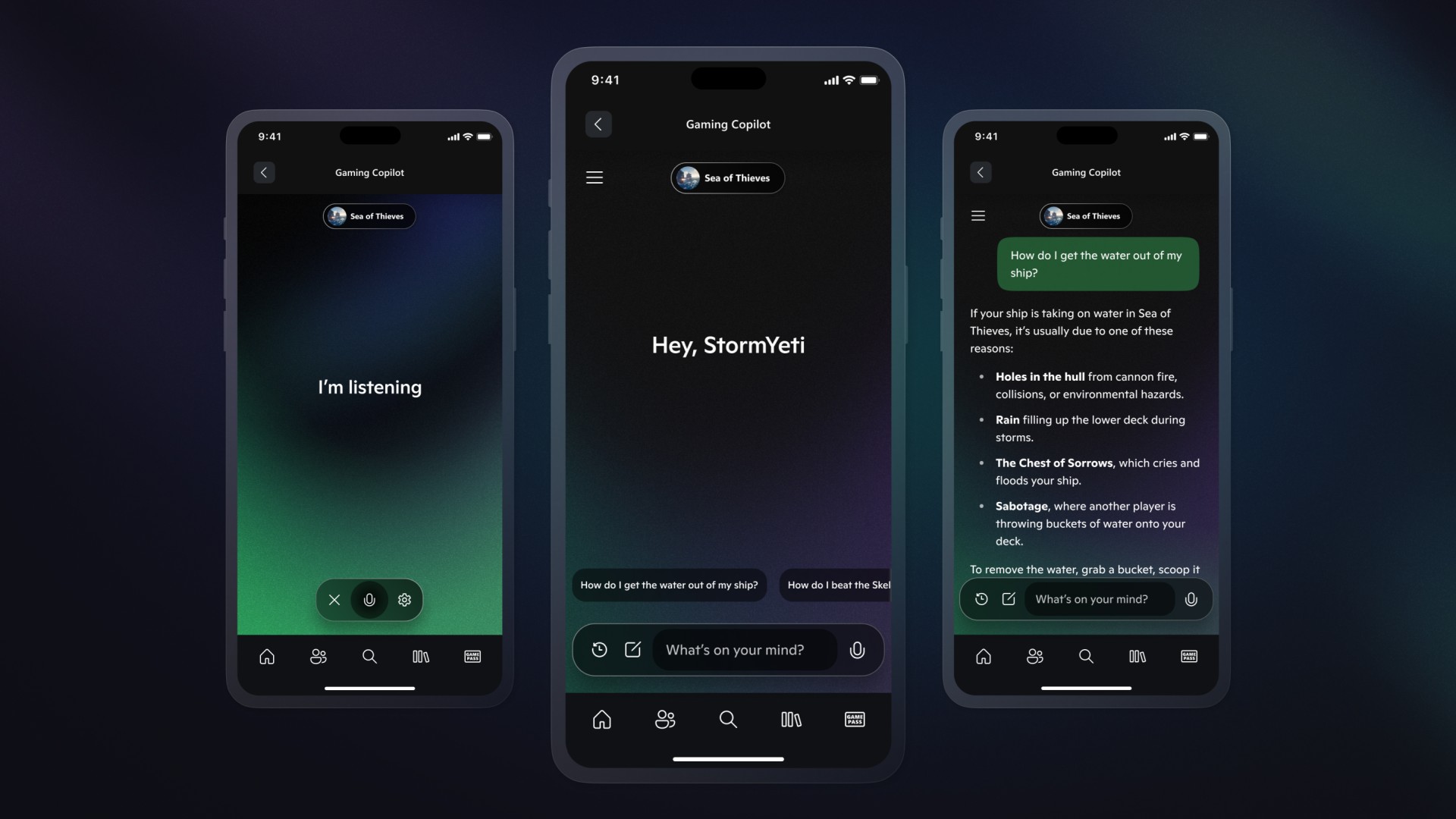The Future of Federal Legalization: What It Means for Medical Marijuana Patients
Explore how federal marijuana legalization could impact patients. Learn what it means for Iowa medical card holders and MMJ access nationwide.

The conversation around cannabis legalization is rapidly evolving. While many U.S. states have legalized medical marijuana—and even recreational use—federal law still considers marijuana a Schedule I controlled substance. This legal disconnect has created confusion, restricted access, and limited research. But as momentum builds for federal reform, medical marijuana patients are wondering: What happens next?
For patients in Iowa and across the country, federal legalization could mark a historic shift in how cannabis is regulated, prescribed, and accessed. If you're someone with an Iowa medical card, or you're considering speaking with medical marijuana doctors in Iowa, understanding these potential changes is vital.
Here’s what federal legalization could mean for patients, providers, and the future of medical cannabis.
Current State vs. Federal Laws: A Complicated Relationship
At the federal level, marijuana is still classified under the Controlled Substances Act as a Schedule I drug—alongside heroin and LSD—meaning it’s considered to have “no accepted medical use” and a high potential for abuse. This classification contradicts what countless state laws, medical professionals, and patients have observed for decades: that cannabis has real therapeutic benefits.
In Iowa, medical marijuana is legal through the Medical Cannabidiol Program. Eligible patients can apply for a mmj card Iowa and access cannabis in limited forms (such as tinctures, tablets, and vapes) from state-licensed dispensaries. However, the federal ban continues to cause complications, from banking restrictions to travel limitations and legal uncertainties.
The Push Toward Federal Legalization
Recent years have seen growing political and public support for ending the federal prohibition of marijuana. Proposed legislation, such as the MORE Act (Marijuana Opportunity Reinvestment and Expungement Act) and SAFE Banking Act, aim to decriminalize cannabis, allow legal banking for marijuana businesses, and expunge previous non-violent cannabis convictions.
President Biden’s 2022 directive to review marijuana’s scheduling status, along with the FDA and DEA’s ongoing assessment, signals that change may be on the horizon. While full federal legalization hasn’t occurred yet, the groundwork is being laid.
What Federal Legalization Could Mean for Medical Marijuana Patients
-
Improved Access Nationwide
Federal legalization would likely create consistent rules across all states, making access to medical marijuana easier for patients—even across state lines. For those in restrictive states or rural communities, this could mean better availability and fewer barriers.
For patients in Iowa, this could potentially expand qualifying conditions, product types, and dispensary options. Today, some patients travel significant distances to visit the limited number of licensed dispensaries. A federally regulated system could increase competition and improve convenience.
-
Easier Conversations with Healthcare Providers
Many physicians are still hesitant to recommend medical cannabis due to its federal classification. Federal legalization could increase comfort levels among healthcare professionals, allowing more patients to receive guidance from trusted providers.
It might also encourage more doctors to become certified in states like Iowa, giving patients more choice when searching for medical marijuana doctors in Iowa.
-
Expanded Research and Medical Innovation
Currently, research on cannabis is severely limited due to its Schedule I status. Federal legalization would unlock funding and remove bureaucratic barriers, allowing scientists to conduct in-depth clinical trials and develop more precise, condition-specific cannabis medicines.
This means patients could benefit from more refined treatments, customized dosages, and targeted cannabinoids—enhancing the safety and effectiveness of cannabis therapy.
-
Insurance Coverage Could Become a Reality
Today, insurance companies typically do not cover medical marijuana due to its federal status. Legalization could open the door for cannabis treatments to be considered like other prescription medications, eventually making it more affordable for patients.
For low-income patients or seniors relying on Social Security, this would be a game-changer.
-
Job and Housing Protections for Patients
One of the biggest concerns for patients with a mmj card Iowa or from any other state is discrimination. Federal law currently allows employers to fire or refuse to hire individuals who test positive for marijuana—even with a valid prescription.
Federal legalization could lead to more robust legal protections for medical cannabis users in employment, housing, and family law settings, helping to safeguard patient rights.
-
Safe Banking and Legal Certainty for Dispensaries
Legal cannabis businesses still struggle to access banking services because federally regulated banks won’t touch marijuana-related funds. This affects patients too—leading to cash-only dispensaries, security issues, and limited payment options.
If the federal government removes cannabis from the Schedule I list, banks could legally serve dispensaries, simplifying transactions and improving safety for everyone.
-
Clearer Travel Rules and TSA Guidelines
Traveling with medical marijuana remains risky. TSA agents are federal employees, and flying across state lines with cannabis—even between two legal states—can result in confiscation or worse.
Federal legalization would provide national guidelines for carrying medical cannabis, removing fear for patients who rely on consistent medication when traveling for work, treatment, or family matters.
How Should Iowa Patients Prepare?
While federal reform seems likely, timelines remain uncertain. In the meantime, Iowa patients should stay informed, advocate for local improvements, and ensure compliance with current regulations.
If you’re not yet part of the program, consider consulting medical marijuana doctors in Iowa to determine if you qualify. You’ll need to be diagnosed with an eligible condition, submit an application, and receive your Iowa medical card to access dispensaries legally.
As federal reform approaches, patients in Iowa may see updates to their state’s program, expanded access to treatment options, and greater medical support overall.
Final Thoughts
Federal legalization of marijuana would represent a monumental shift in healthcare, policy, and civil rights. For medical marijuana patients, it could mean better access, more comprehensive care, reduced stigma, and protection under the law.
Though the process is ongoing, the future looks promising. Until then, Iowa patients should continue to work with local providers, stay educated, and advocate for their health.
The road ahead may be complex, but for millions of patients relying on cannabis to manage pain, anxiety, seizures, or other conditions, federal legalization could offer the consistency, legitimacy, and support they deserve.
What's Your Reaction?
 Like
0
Like
0
 Dislike
0
Dislike
0
 Love
0
Love
0
 Funny
0
Funny
0
 Angry
0
Angry
0
 Sad
0
Sad
0
 Wow
0
Wow
0







































